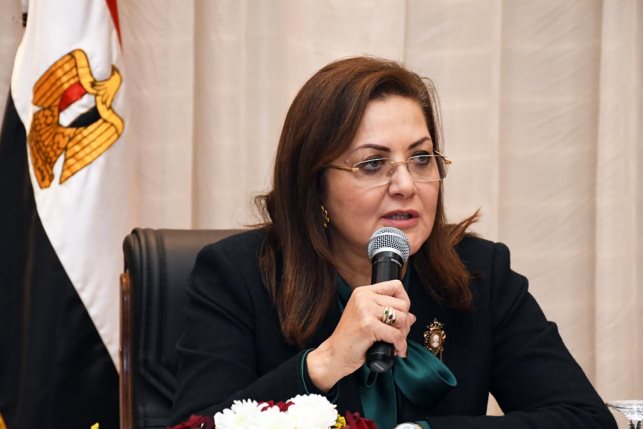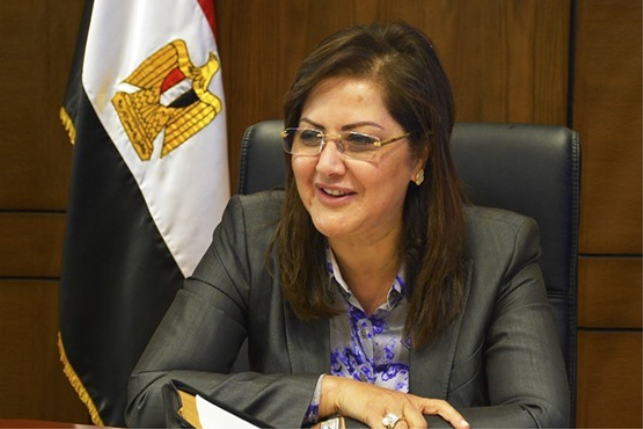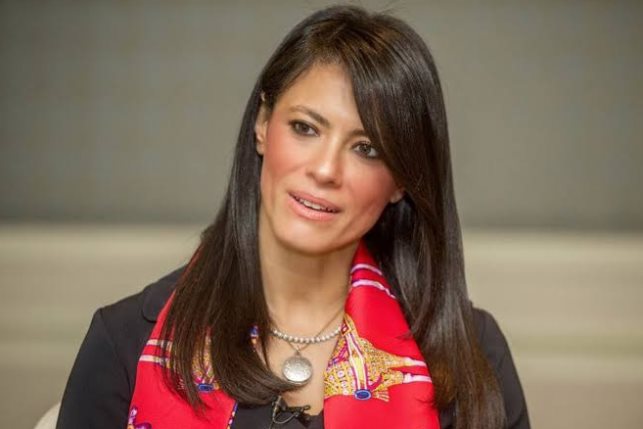Egypt's economy resilient amidst potential risks: Strategic Studies Center
The center highlighted that the Ras El-Hikma project agreement, coupled with a more flexible pound exchange rate, has notably diminished short-term external financing risks and exposure to geopolitical events.

The Egyptian Center for Strategic Studies stated that despite Fitch Ratings' cautionary remarks about potential escalations affecting tourism and the Suez Canal, Egypt's economy remains sufficiently adaptable to mitigate such risks.
The center highlighted that the Ras El-Hikma project agreement, coupled with a more flexible pound exchange rate, has notably diminished short-term external financing risks and exposure to geopolitical events.
Fitch Ratings warned on Friday of potential risks to Egypt's tourism and Suez Canal revenues due to escalating regional conflict, potentially exacerbating the current account deficit. However, Fitch acknowledged that recent agreements like the Ras El-Hikma deal and enhanced exchange-rate flexibility have substantially reduced immediate external financing risks and susceptibility to geopolitical pressures.
The center underscored that Fitch's assessment aligns with the International Monetary Fund's recent report on Egypt's financing program, revealing that Egypt has fulfilled 7 out of 15 structural benchmarks for the first two reviews. It highlighted the anticipated disbursement of a $1.646 billion loan tranche by June, with approximately EGP 1.228 billion expected to be disbursed by September, and a similar amount by December 2024.
The IMF projected Egypt's economy to achieve a growth rate of 5.6% in fiscal year 2028/2029, up from 4.4% expected in 2024/2025, noting a 3.8% GDP growth in the previous fiscal year 2022/2023.
In addition to support from the IMF, Egypt has received substantial aid from the European Union and the World Bank Group, with the EU pledging a €7.4 billion ($8.1 billion) assistance package. The first quarter of the current year saw positive growth in inbound tourism, with hotel occupancy rates in various tourist cities reaching around 54.78%, showing an approximately 8% increase compared to the same period in 2023.
Goldman Sachs forecasts a $26.5 billion surplus in Egypt's external financing over the next four years, contrasting previous expectations of a $13 billion deficit, attributed to financing from the IMF and other partners, along with investment gains from the Ras El Hikma deal.
Moody's revised Egypt's credit rating outlook from negative to positive, while the IMF maintained its growth forecast for Egypt's economy at 3% for the current fiscal year.





